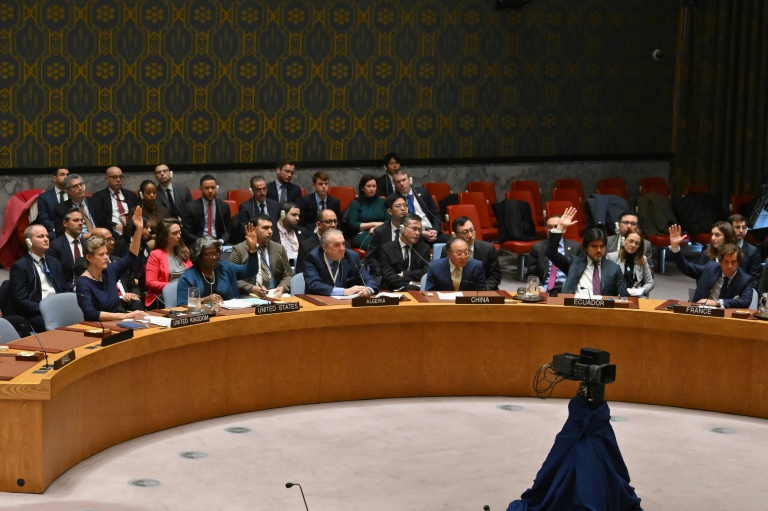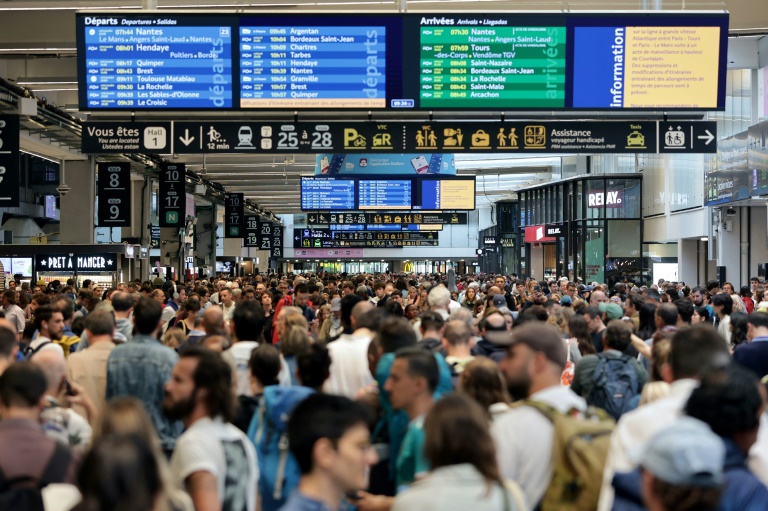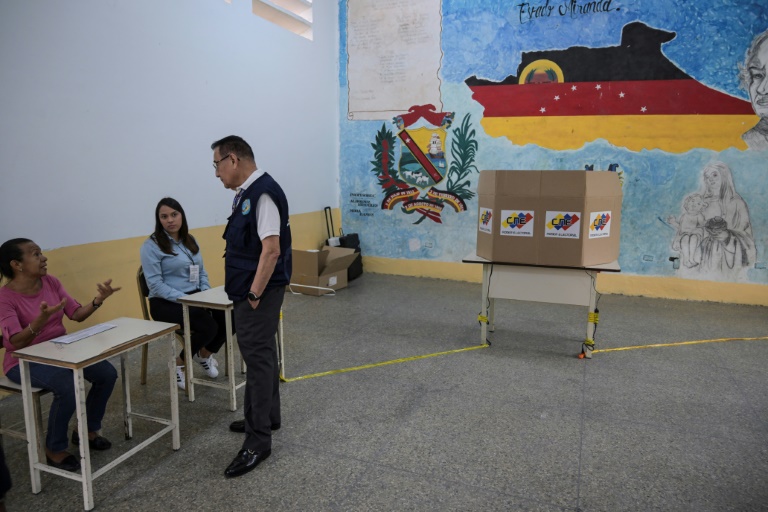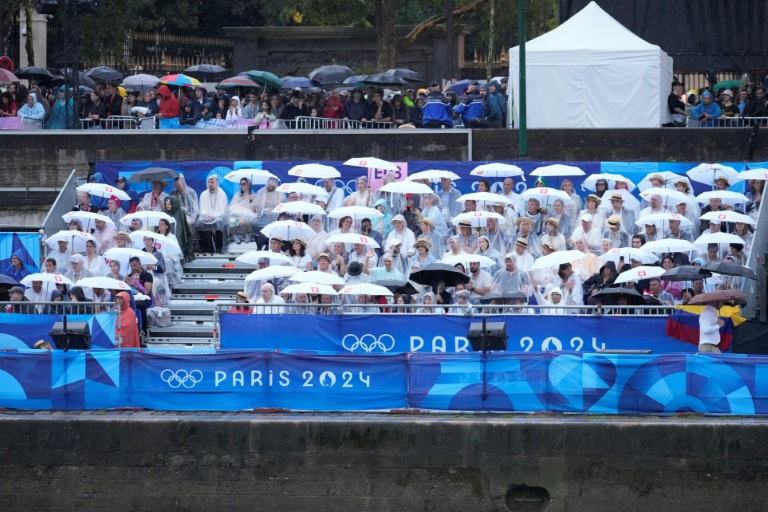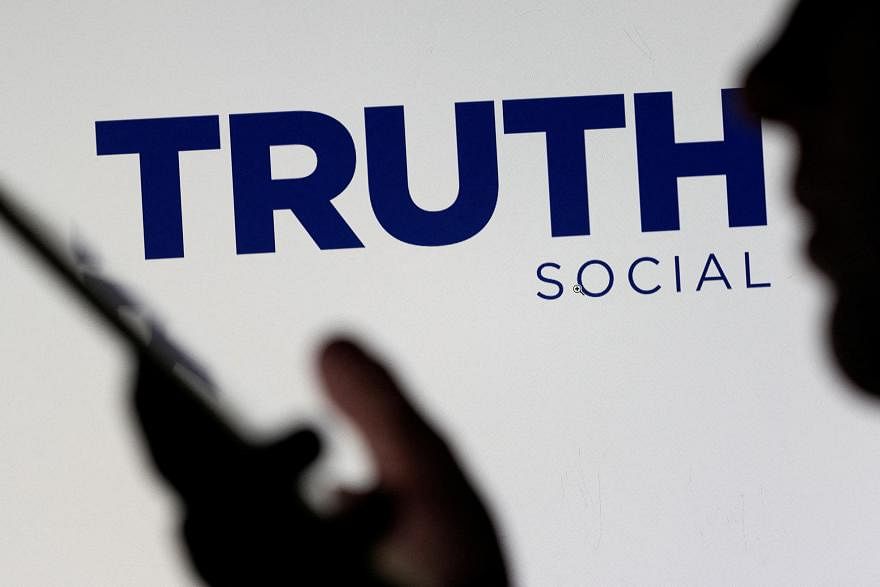Russia and China on Friday vetoed a US-led draft resolution at the Security Council on a ceasefire in Gaza, with Moscow accusing Washington of a “hypocritical spectacle” that does not pressure Israel.
The United States, Israel’s main ally which has vetoed previous ceasefire calls, put forward the resolution which for the first time would have supported “the imperative of an immediate and sustained ceasefire” and condemned the October 7 attack by Hamas.
Russia and China exercised their vetoes, Algeria also voted against and Guyana abstained. The other 11 Security Council members voted in favor, including permanent members France and Britain.
Russia’s ambassador, Vasily Nebenzia, said that the United States was doing nothing to rein in Israel, mocking Washington for speaking of a ceasefire after “Gaza has been virtually wiped off the face of the Earth.”
“We have observed a typical hypocritical spectacle,” he said.
“The American product is exceedingly politicized, with the sole purpose being to play to voters and throw them a bone in the form of some kind of a mention of a ceasefire in Gaza,” he said.
The resolution will “ensure the impunity of Israel, whose crimes are not even assessed in the draft.”
The draft had stopped short of explicitly demanding that Israel immediately end its campaign in Gaza. In the delicate language of Security Council resolutions, the draft “determines” the “imperative” of an “immediate and sustained” ceasefire.
The draft linked a ceasefire to ongoing talks, led by Qatar with support from the United States and Egypt, to halt the war in return for Hamas releasing hostages.
China’s representative, Zhang Jun, said the draft “dodged the most central issue, that of a ceasefire” through its “ambiguous” language.
“Nor does it even provide an answer to the question of realizing a ceasefire in the short term,” he said.
French President Emmanuel Macron, speaking in Brussels immediately after the vetoes, said France would keep pushing an alternative resolution for a ceasefire.
The Security Council may later Friday consider another resolution with a more explicit call for an immediate ceasefire.
The US ambassador, Linda Thomas-Greenfield, indicated opposition, saying it would jeopardize the ongoing talks for the release of hostages.
Speaking before the vote on the US draft, Thomas-Greenfield said, “By adopting the resolution before us, we can put pressure on Hamas to accept the deal on the table.”
She later called the Russian and Chinese vetoes “not just cynical” but also “petty.”
“Russia and China simply did not want to vote for a resolution that was penned by the United States,” she said.
“Let’s be honest — for all the fiery rhetoric, we all know that Russia and China are not doing anything diplomatically to advance a lasting peace or to meaningfully contribute to the humanitarian response effort,” she said.
Russia, China and Algeria said that the resolution should stop Israel from a threatened offensive in the Rafah, where more than one million Palestinians have sheltered.
The United States has publicly opposed the operation, but Israeli Prime Minister Benjamin Netanyahu vowed Friday to go into Rafah even without US support after he met Secretary of State Antony Blinken, who promoted the now-vetoed resolution on his latest regional tour.
More than 1,160 people, mostly civilians, died on October 7 when militants infiltrated Israel in the country’s deadliest ever attack, according to Israeli official figures.
Israel afterward vowed to eradicate Hamas, which controls the Gaza Strip. Some 32,000 people, mostly civilians, have died, according to the Gaza health ministry, and the United Nations has warned of imminent famine in the territory.

